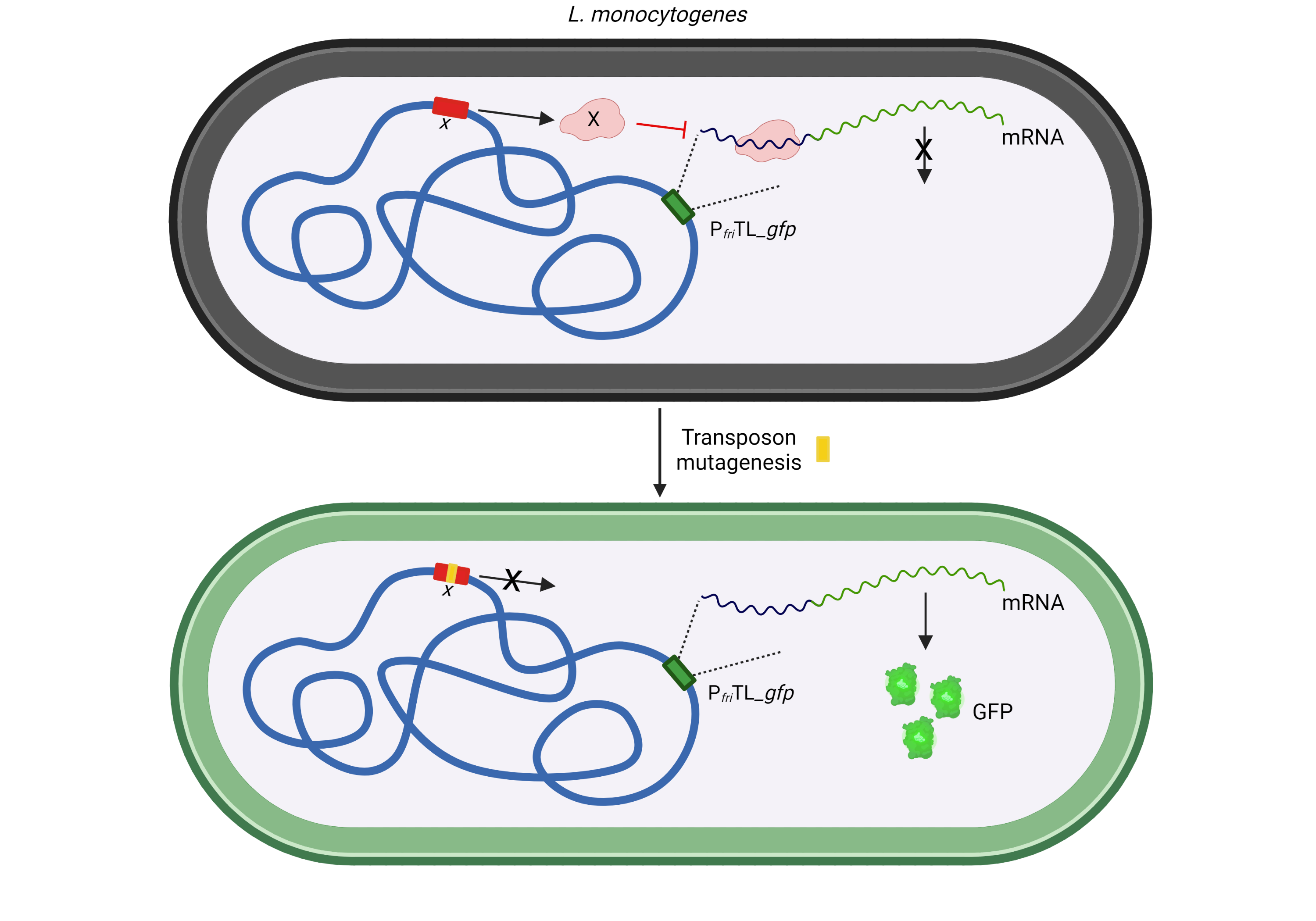The critical role of Hfq protein

20 05 2025
Category: IM Seminar
You are invited to the institute seminar – MSc Patrycja Gomza from the Department of Molecular Microbiology will present a seminar on „ The critical role of Hfq protein in maintenance of ICELm1 MGE and viability of Listeria monocytogenes with activated SOS response”.
The seminar will take place on 26th of May at 14:30 in room 102B.
Abstract:
Listeria monocytogenes is a Gram-positive human pathogen responsible for foodborne infections known as listeriosis. The bacterium is well known for its ability to stress adaptation. An important role in stress adaptation is played by different regulatory systems including the SOS response which is an inducible DNA damage repair system. Our recent research revealed that the inactivation of the sif gene led to activation of the SOS response in L. monocytogenes which is accompanied by severe growth defects and global changes of genes expression including high up-regulation of mobile genetic elements (MGE) genes and hfq gene encoding RNA chaperone. These evidences suggest the existence of a link between the activity of the Hfq protein, MGEs, and SOS response in L. monocytogenes sif* strain. Therefore, the present study aimed to elucidate the role of the Hfq in L. monocytogenes sif* strain.
First, the deletion of hfq gene in the background of L. monocytogenes sif* mutant and subsequently its complementation were carried out by homological recombination using pMAD vector. The growth rates studies and RT-qPCR analysis, revealed that the deletion of hfq results in the deactivation of the SOS system, but the introduction of a native copy of hfq gene into the double mutant strain did not restore the sif* mutant phenotype, nor the increased expression of the SOS system genes and MGEs genes. These findings led us to sequence the genomes of the analyzed strains. Bioinformatics analysis, confirmed by PCR analysis, revealed that the deletion of hfq led to the loss of the ICELm1 MGE, and the reversion of the point mutations in the sif gene, resulting in the restoration of the functional copy of this gene. Subsequently, the immunoprecipitation (IP) of RNA interacting with Hfq protein in the sif* mutant and the complemented strain followed by high-throughput sequencing (RIP-seq) revealed that holin and lysin RNAs, responsible for the lytic cycle of prophage A118, were highly enriched on Hfq in the sif* mutant. These results suggest that Hfq in the sif* mutant is preventing lytic cycle of phage A118, and therefore has the critical importance for maintaining the viability of L. monocytogenes with activated SOS response.
